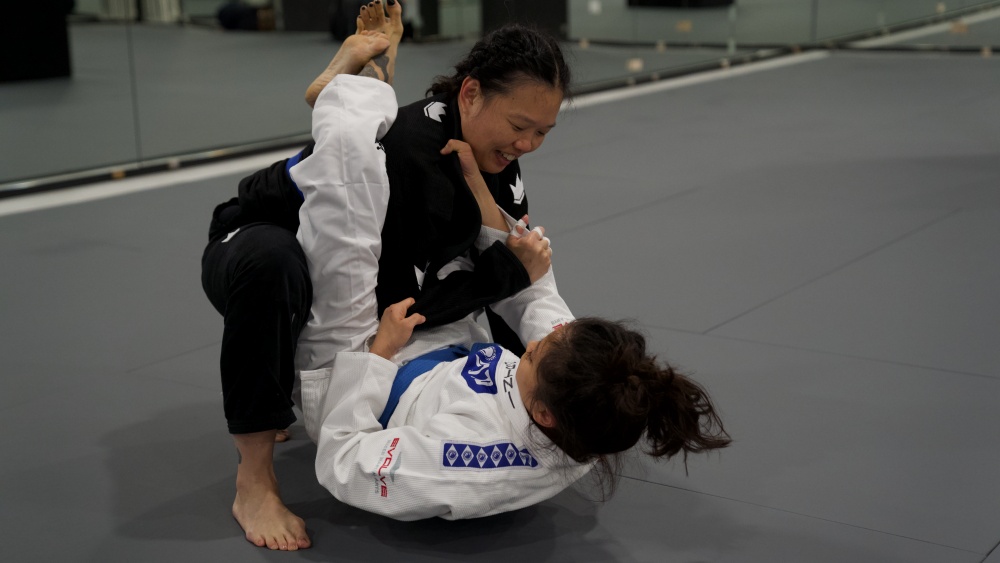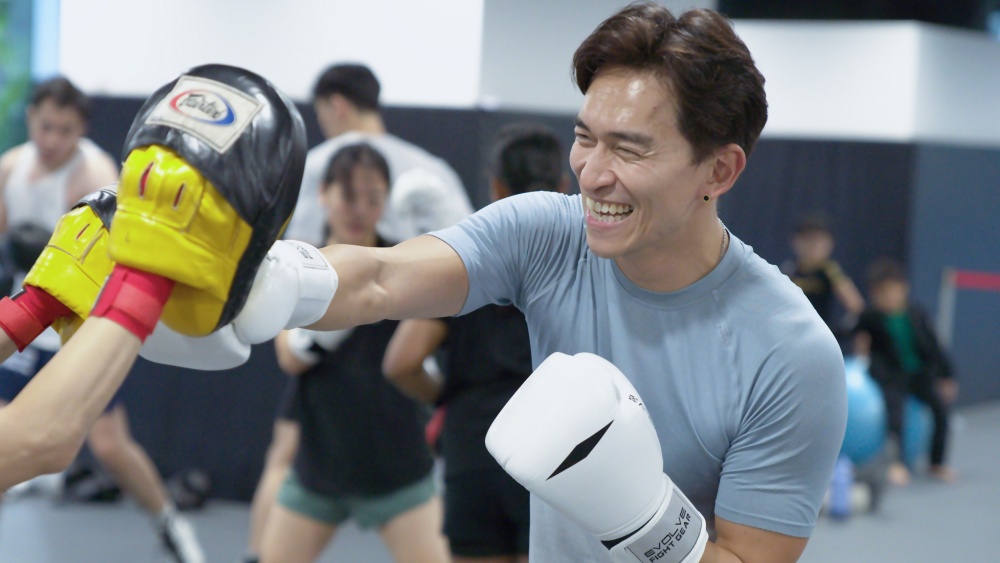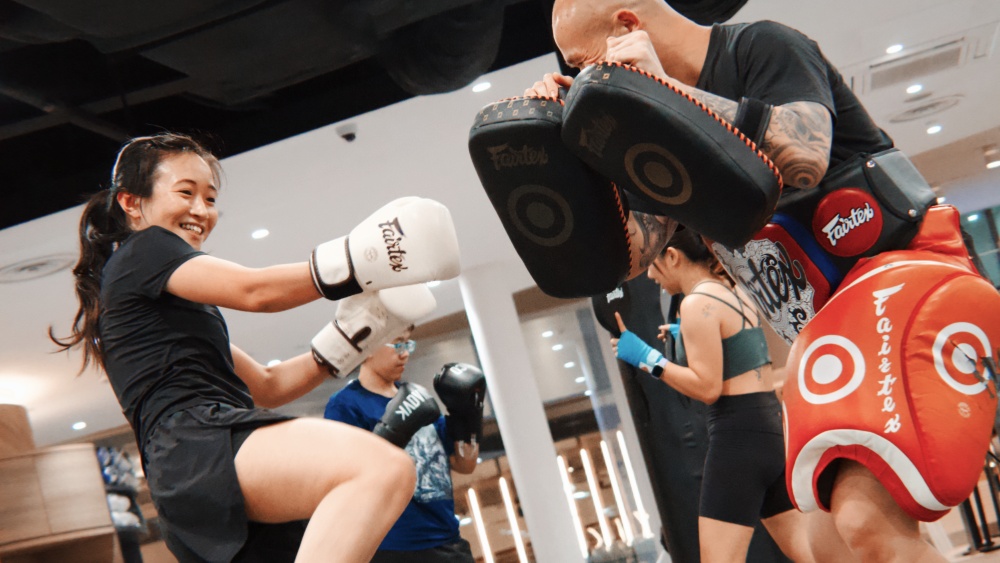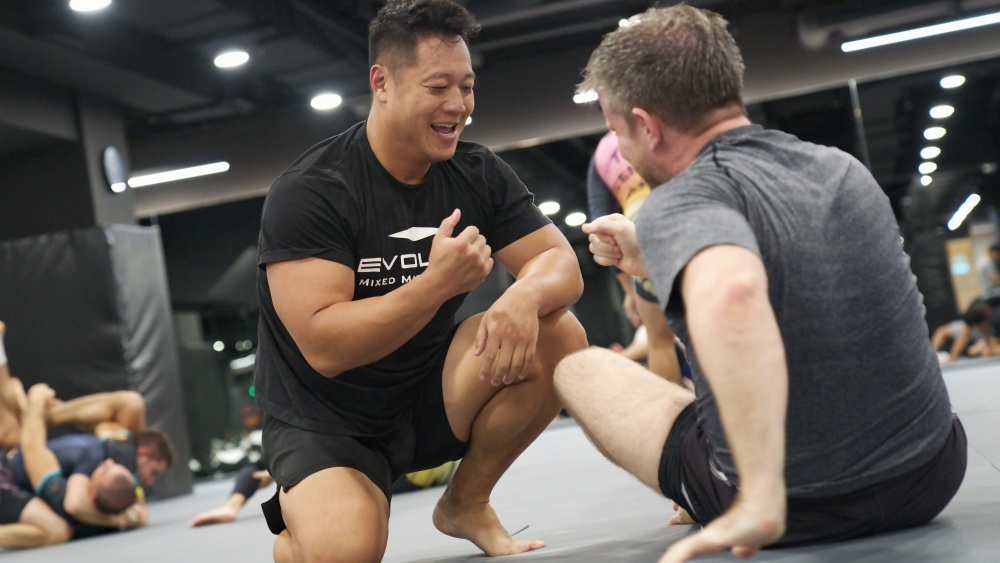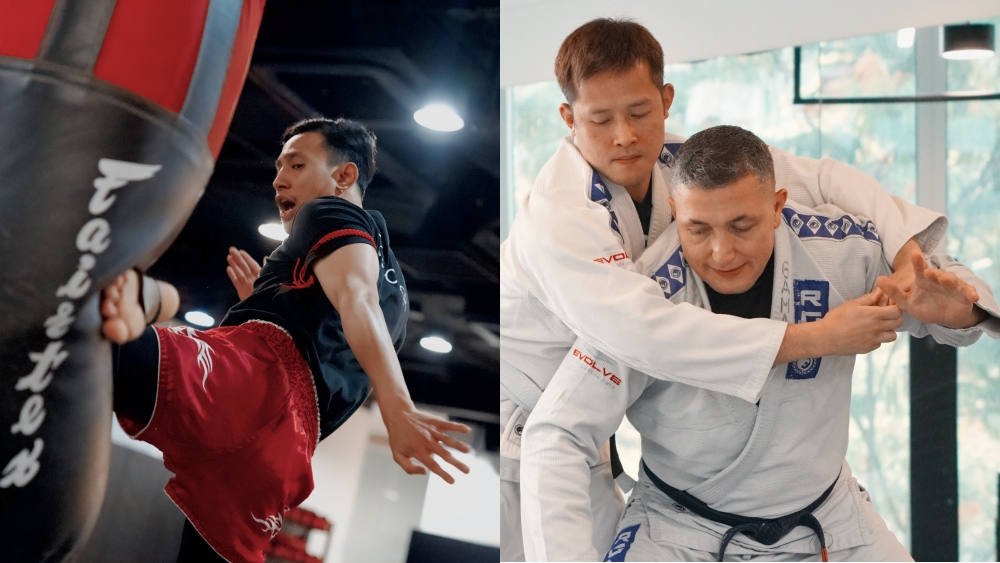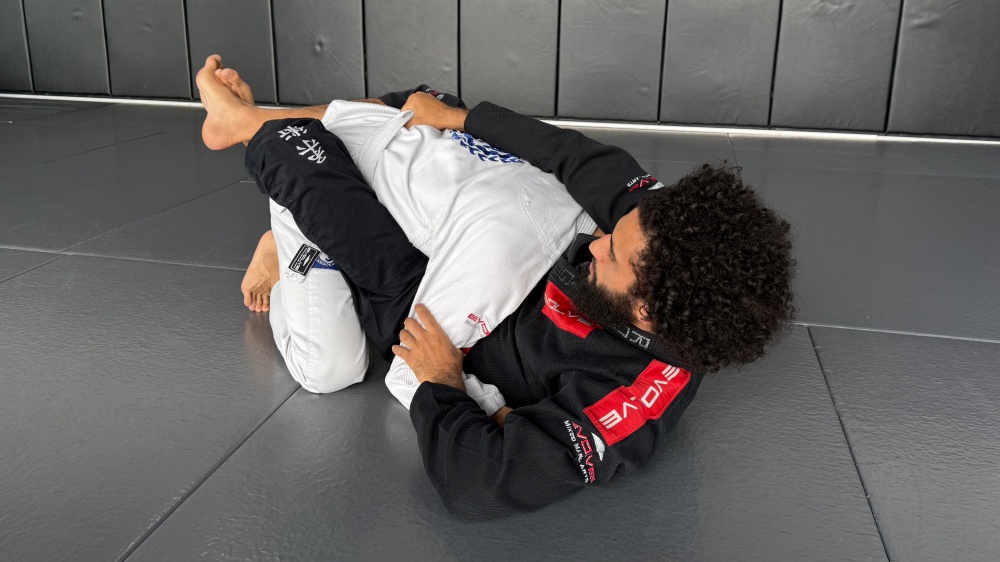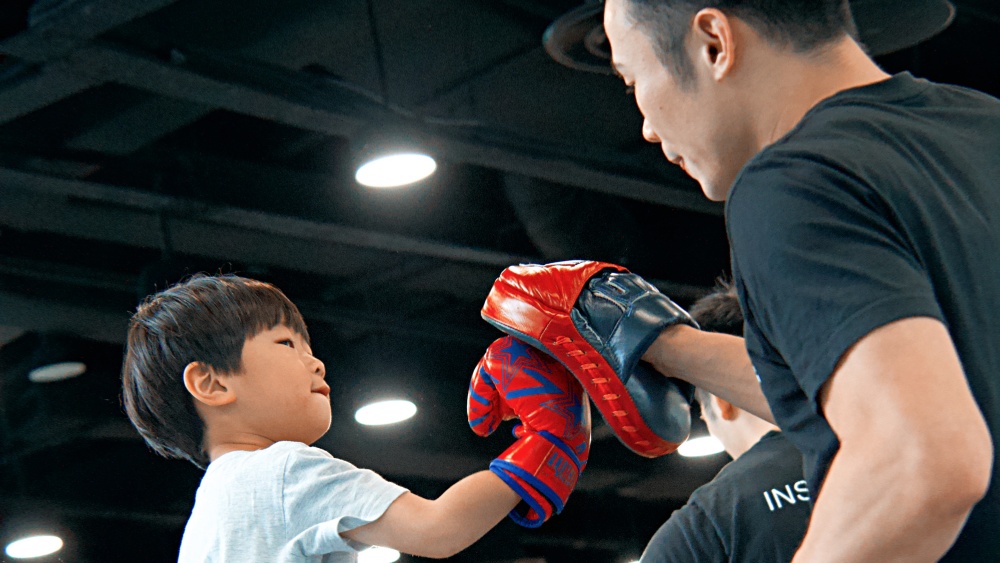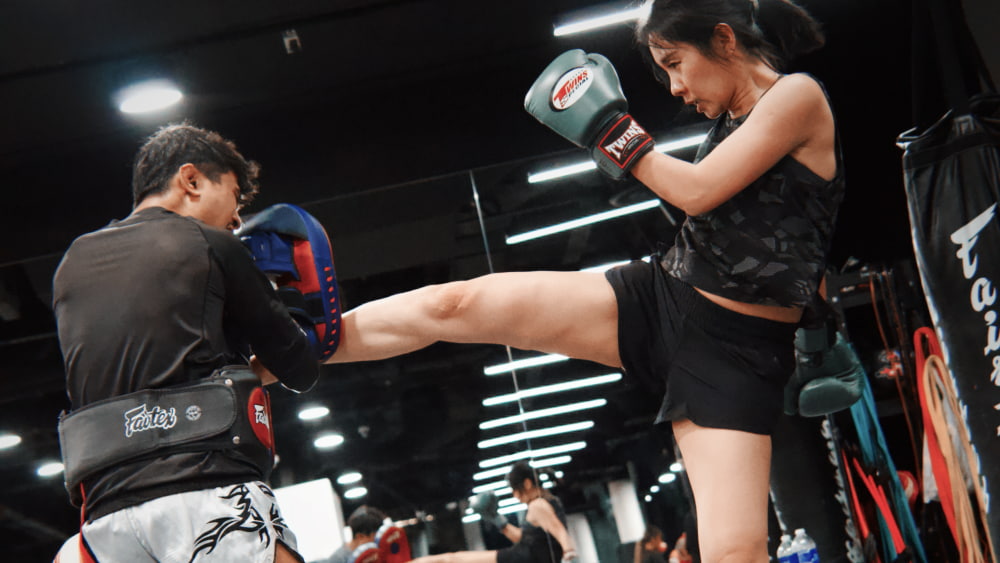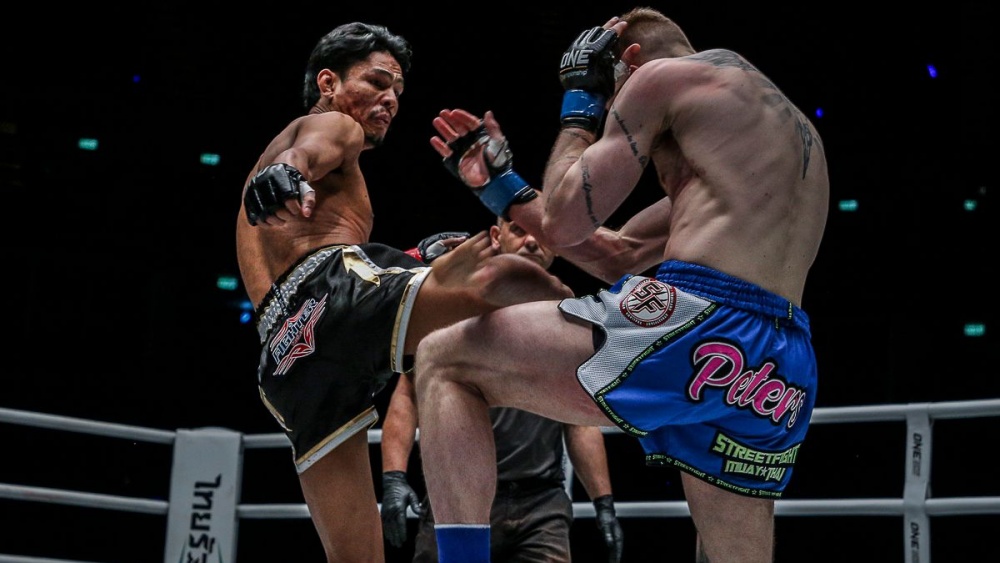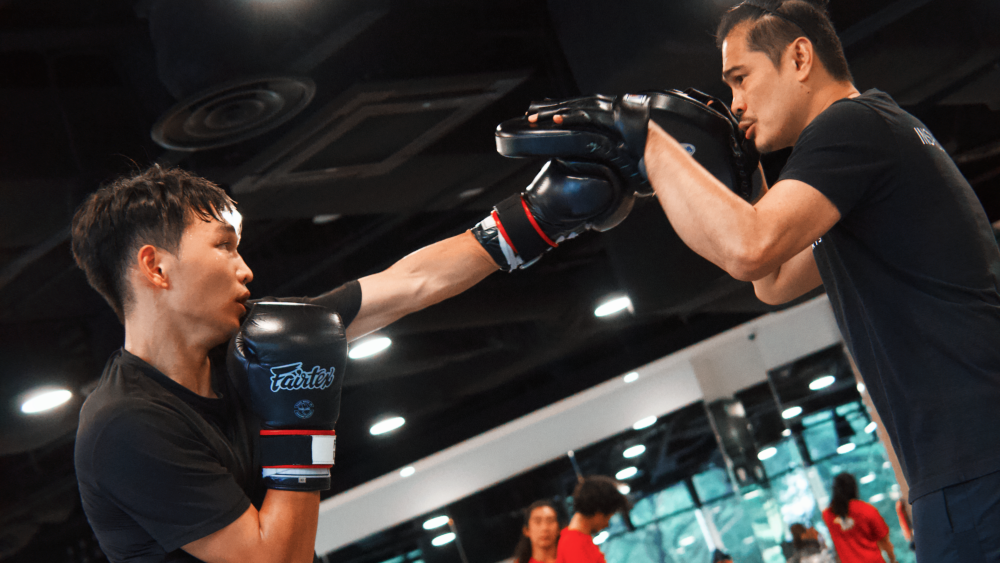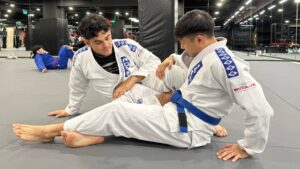Competing and succeeding in combat sports requires you to harness the power of your body and mind to deliver peak performance. Many combat athletes focus more on the physical aspects of their training than the mental aspects, but that’s not the optimal approach.
Basketball legend Michael Jordan once said that basketball is 90 percent mental and 10 percent physical; the same can be said about combat sports. Your mind is what controls all the physical movements that make you a competitive athlete. When your mind is weak, your body will follow.
For example, it doesn’t matter how long you’ve trained in any martial art or how good you are if you freeze up every time you have a crowd of people watching you. You won’t be able to implement your game plan when you’re overwhelmed with feelings like fear, anxiety, self-doubt, and hesitation.
Preparing Your Mind For Combat Sports Competitions
From boxers to weekend warriors competing in local Brazilian Jiu-Jitsu tournaments, feeling negative emotions heading into your big event is perfectly normal. What’s not normal is allowing these feelings to prevent you from performing to your full potential.
You’ve probably wondered why athletes like ONE Championship’s Demetrious Johnson keep their cool leading up to their fights. These people experience the same emotions you would feel if you were put in the same position, but they are better able to control their emotions, so they don’t adversely impact their performances.
Let’s take a look at some of the things combat sports athletes can do to prepare their minds for competitions:
1) Understand How Adrenaline Works
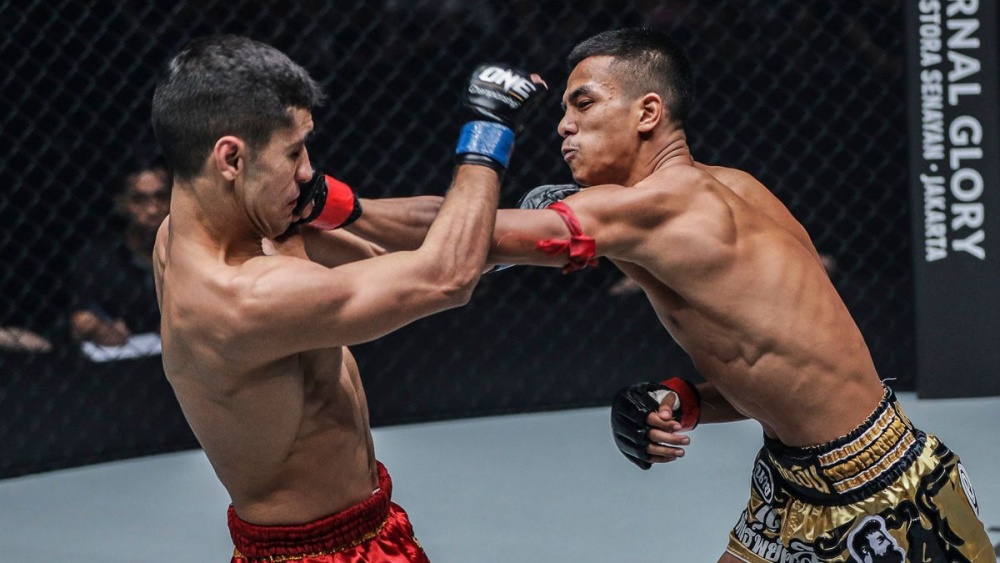
Pre-fight jitters are a normal part of combat sports and never entirely go away, regardless of how experienced you are. These feelings are often caused by adrenaline being released by your body when it anticipates danger or confrontation. Even little things like signing a fight contract can cause a surge of adrenaline in your body.
Adrenaline is part of your “fight or flight” system, but it can negatively impact your mind and body. It builds up slowly in your body and can surge anytime, leaving you stuck with negative emotions. If left unchecked, adrenaline can even take away your resolve to fight.
Some combat sports instructors recommend channeling these adrenaline surges by performing physical activities related to your sport. For example, you can go for a run or hit a heavy bag whenever you get that sick feeling in your stomach. This way, you teach your brain to still perform at a high level even when you’re overwhelmed with negative emotions.
Positive self-talk is another effective way to manage pre-fight jitters. Tell yourself you’re ready to win your contest whenever self-doubt creeps in. The adrenaline surge caused by pre-fight jitters can lead to you talking yourself out of sparring sessions and competitions if you don’t get a grip on it.
The most significant adrenaline dump fighters experience occurs when it’s time to compete. Your body realizes it’s time to fight, so your adrenaline levels go up exponentially. During the first 30 seconds of an adrenaline rush, you become the strongest person on the planet. Your sympathetic nervous system is fully activated, and your heart rate increases. It makes you want to run away as far as possible or destroy everything in your path.
While the first 30 seconds of an adrenaline rush can improve athletic performance since it’s easier for you to perform massive movements, like picking up an opponent and slamming them, the reverse occurs once it wears off. It makes you feel exhausted as you’ve probably used up all the energy you had for the fight in a couple of minutes.
The key to managing an adrenaline rush is understanding what it is and not going all out during the first 30 seconds of your contest just because you feel invincible. Pay attention to the best martial artists worldwide, and you’ll notice most of them are incredibly calm heading into their fights. They typically look like they’re going for a stroll, not someone preparing for strenuous physical competition.
2) Expose Yourself To Things That Unnerve You
If you’re prone to becoming anxious whenever you have to compete in front of a crowd, start training in front of a crowd. The more you do it, the more you get used to competing with many eyes watching you.
The Mayweather Boxing Gym’s “Dog House” is an excellent example of fighters creating a fight environment in the gym. Fighters at the Mayweather gym are typically surrounded by over a hundred people and cameras every time they spar there, and rowdiness is encouraged to give fighters that real fight feel. It’s no surprise fighters who train there typically aren’t bothered by large crowds.
3) Create A Ritual

Your mind loves routines, so take advantage of how your brain works by creating routines that put you in the mood to compete. It can be as simple as playing the same song whenever you train and compete. That way, your brain automatically goes into fight mode whenever that particular song comes on.
4) Use Visualization
Visualization is one of the most effective tools martial artists and other athletes can use to prepare themselves for their big day. Research indicates that visualizing any task can be as beneficial as actually performing the task.
Prepare your mind for competition by visualizing how things will go your way. Picture yourself walking into the venue, picture yourself dealing with adversity during your contest, and visualize yourself emerging victories. Play scenarios on how the contest might go in your head, with you emerging victorious each time. You’ll perform much better during your contest since your brain has prepared for what’s to come.
5) Stimulate Your Vagus Nerve
The vagus nerve is one of the superpowers most people don’t even realize they have. It controls many of the automated processing in the body, like your heart rate and digestion. Stimulating this nerve helps manage adrenaline in your system, making you feel calm and relaxed. You can stimulate your vagus nerve by massaging your earlobes as you pull them down and out.
7) Enter The Flow State
The flow state refers to a mental state during which your mind and body become one, and you become intensely focused on any task. Your senses become heightened, and time slows down for you. Your brain automatically gets feedback from your surroundings, and you always know what you want to do next. Anyone can enter the flow state by removing all distractions from their mind, like fear, worry, and anxiety. Instead, focus solely on performing at your very best.
You may also like:

